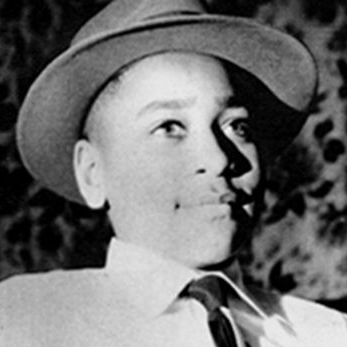Wednesday
It’s progress of a sort, I guess, despite coming so late: Joe Biden has just signed the “Emmett Till Anti-Lynching Law,” legislation that southern legislators fought for over a hundred years. As of yesterday, lynching is now a federal hate crime.
According to this NBC news article, anti-lynch legislation has been voted down over 200 times since 1900. That’s because lynching was the muscular threat that undergirded Jim Crow segregation, especially when it came to African Americans voting. White terrorism has long reigned in much of America but it was especially evident in the American south in the century following the Civil War. Nor has it entirely ended, as Biden noted as he signed the legislation:
From the bullets in the back of Ahmaud Arbery to countless other acts of violence, countless victims known and unknown, the same racial hatred that drove the mob to hang a noose brought that mob carrying torches out of the fields of Charlottesville just a few years ago.
There is much African American literature that refers to lynching. James Baldwin’s “Going to Meet the Man” has a particularly graphic account of a lynching and is based on the actual lynching of Jesse Washington, in Waco Texas on May 15, 1916. There’s also Billy Holliday’s haunting song “Strange Fruit” (original poem by Abel Meerpool):
Southern trees bear a strange fruit
Blood on the leaves and blood at the root
Black bodies swingin’ in the Southern breeze
Strange fruit hangin’ from the poplar trees
Langston Hughes too wrote a number of poems about the subject, one of which particularly haunts me. In it we see a “dark girl” mourning her lover:
Song for a Dark Girl
Way Down South in Dixie
(Break the heart of me)
They hung my black young lover
To a crossroads tree.Way Down South in Dixie
(Bruised body high in air)
I asked the white Lord Jesus
What was the use of prayer.Way Down South in Dixie
(Break the heart of me)
Love is a naked shadow
On a gnarled and naked tree.
The deep sadness tears my heart in two while the power of the final two lines throws me back in my seat. No bill can make up for the tragedies undergone by America’s African American community but at least it’s something.
